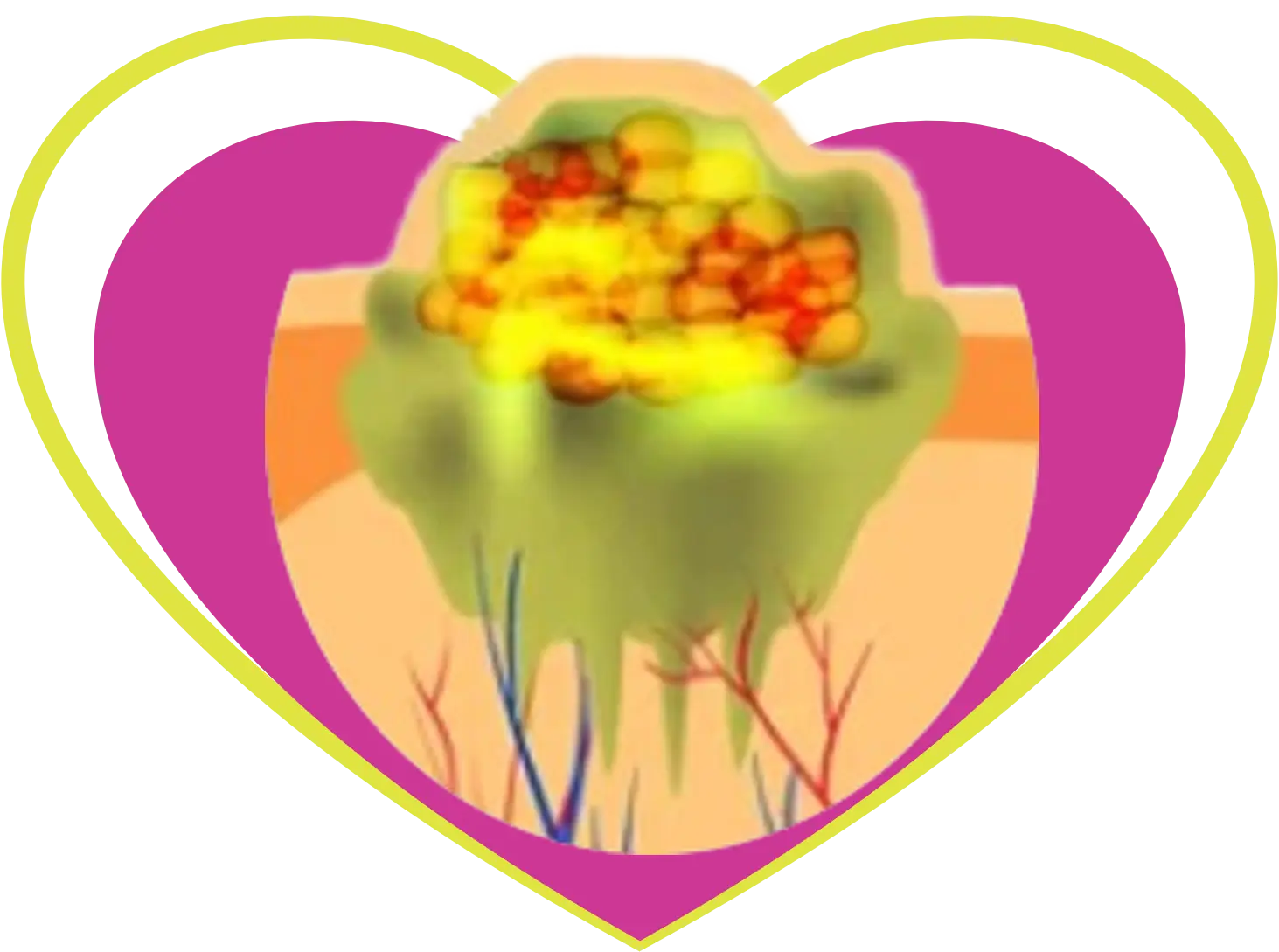What are Genital Warts?
Genital warts are growths caused by certain strains of the human papillomavirus (HPV strands 6 & 11). They can appear on the genital or anal area and sometimes in the mouth or throat. Usually the virus spreads through skin-to-skin contact, including sexual activity.
What are their symptoms?
You might notice small, flesh-colored bumps or a cluster of warts. They can be flat or raised and may cause itching, burning or some other level of discomfort, particularly during intercourse. However, in most cases many individuals do not experience any symptoms at all which unfortunately results in the virus spreading between sexual partners.
Possible treatment options?
In some cases your body’s immune system will clear the warts on its own. For other cases treatment options include topical medications, acid, freezing (cryotherapy), or minor surgical procedures to remove the warts. It’s important to note that treatment is generally limited to the removal of the warts and not necessary a cure for the virus itself.
How should I prepare for their removal?
You won’t need any specific preparation beforehand. It’s a good idea to discuss any concerns or questions you have with your provider prior to removal.
What should I expect?
Remember that removal options vary. Depending on treatment option used you might feel some discomfort or a mild burning sensation. Nevertheless, the procedure is generally well-tolerated. After treatment, it’s common to experience some redness or mild soreness. Your provider will give you guidance on post-procedure care, which usually involves keeping the area clean and avoiding certain activities, such as sexual contact, for a short time.”
What happens after?
While treatment is effective in removing visible warts, it doesn’t eliminate the underlying HPV infection. It’s possible for new warts to develop or for the virus to remain dormant. Regular check-ups are important to monitor and manage any recurrence. It is particularly important to avoid intimate skin-to-skin contact with others if you believe it may be resurfacing.
Still have questions?
Don’t worry, because you’re not alone. Remember that we’re here to help and support you, so don’t stress. Having questions is a good and healthy thing! Check out our additional resources below:
- Prefer reading? Here’s an article from ACOG (The American College of Obstetricians and Gynecologists) on the matter.
- Rather watch or listen? Here’s video of Nelly herself, one of our esteemed providers, discussing the topic.
- General questions? Reach us via any contact methods listed at the bottom of this page (live chat, email, text messages, or a phone call).
- For specific medical questions or advice, it’s always best to schedule an appointment.
 TLC’s Video Library
TLC’s Video LibraryEnjoy countless hours of expert insights, wellness tips, with a dose of inspiration and humor. Your path to a healthier, happier you starts now!
